Gypsy | Interview
Gypsy was originally from Minneapolis, Minnesota. The band was formed by Jim Johnson, Enrico Rosenbaum and James Walsh. All three had been in a local Minneapolis group, The Underbeats.
The original members of Gypsy were:
James Walsh – vocals and keyboards
Enrico Rosenbaum – vocals and guitars
Jay Epstein – drums
James C. Johnson – vocals and lead guitar
Doni Larson – bass
The personnel changed on each album. Gypsy signed with Metromedia Records and released their first album in 1970. Gypsy’s second album ‘In the Garden’ was released a year later on the same label. Much more followed.
“We all fed off each other’s style and developed our own sound from there.”
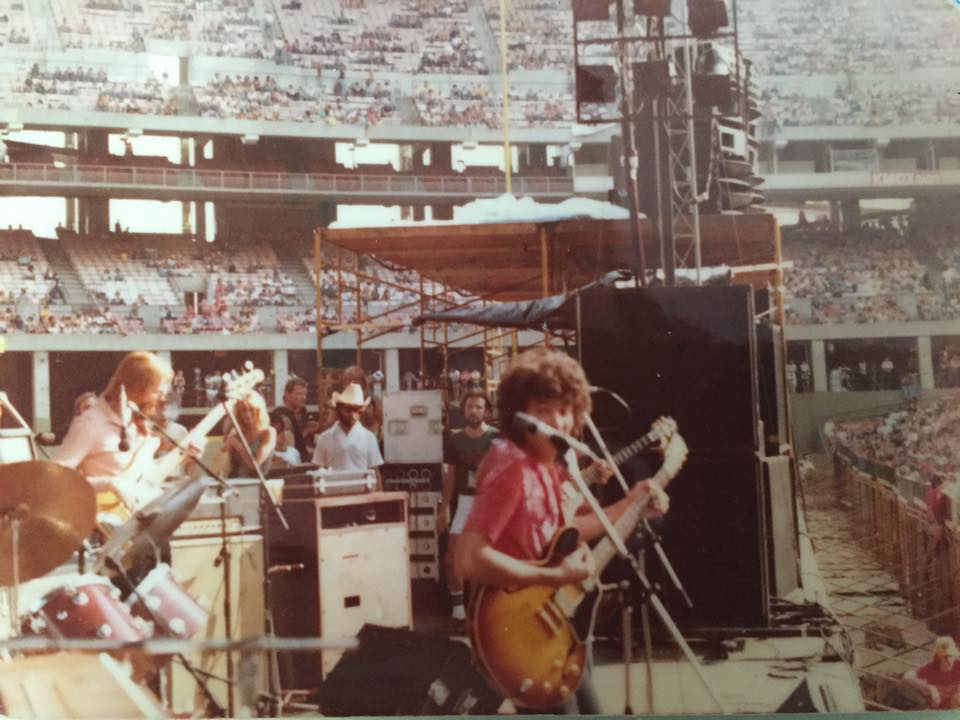
Where and when did you grow up? Was music a big part of your family life?
James “Owl” Walsh: I grew up in NE Minneapolis, Minnesota and my mother was a singer herself. They encouraged music at home. I started as a drummer and ended up playing keyboards and singing. I actually started my career by drumming for a polka band. By the time I was 17 I decided to leave school and do music full time as I made more money than my father.
When did you begin playing music? What was your first instrument? Who were your major influences?
I began my professional music career at 12. I played percussion for a polka band here in Minnesota. My first exposure at this early stage was my mother singing in a quartet.
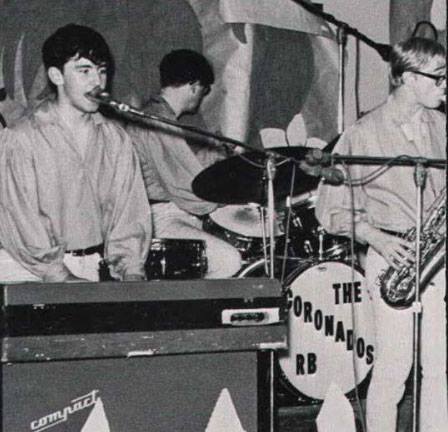
What bands were you a member of prior to the formation of Gypsy?
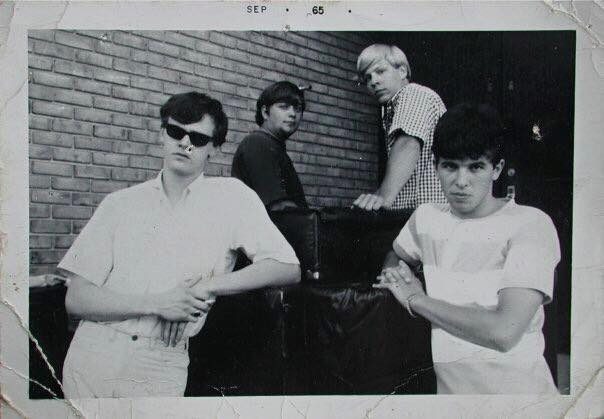
I was not a part of Calvin James or Haymarket Riot. Prior to the formation of Gypsy I was in the Hot Half Dozen and the Underbeats which then became Gypsy.
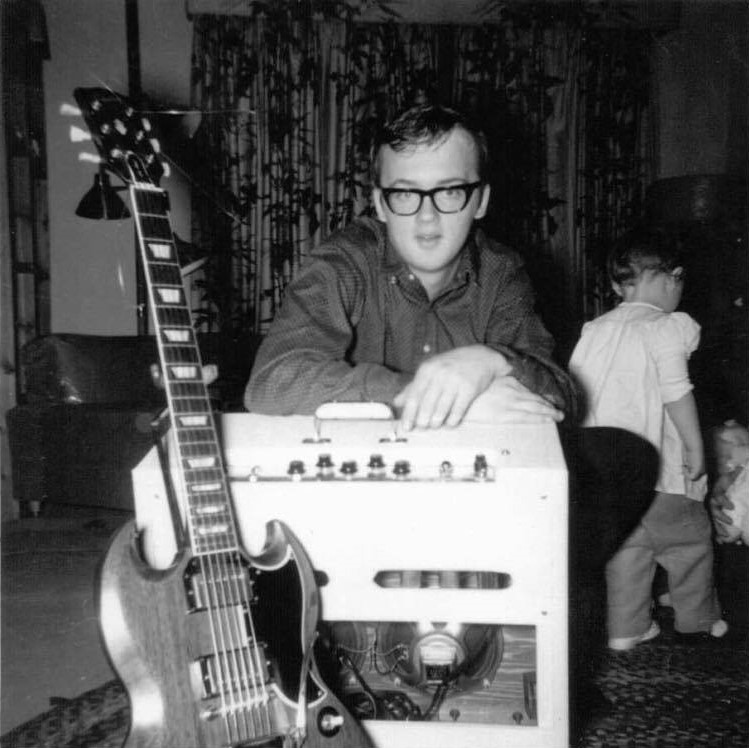
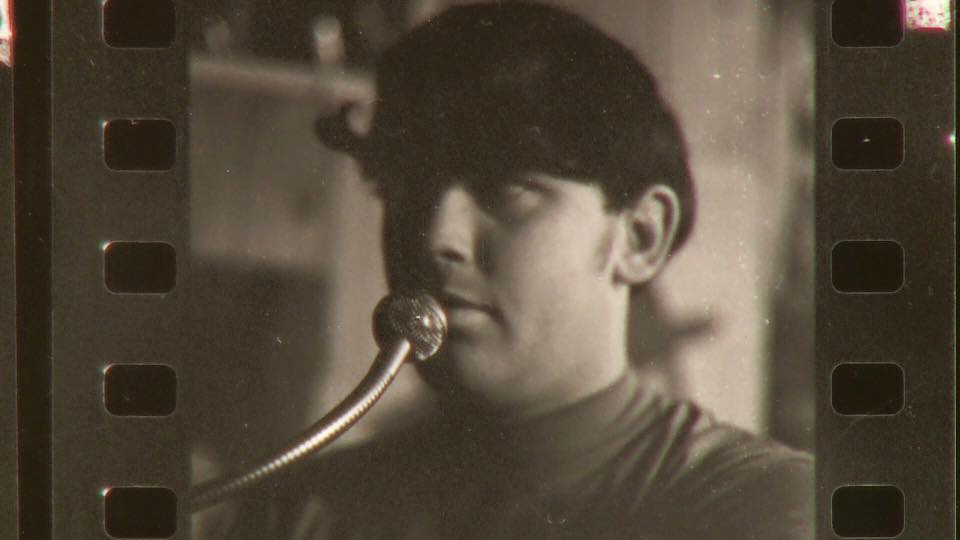
“The culture was changing and darkening from the war we were involved in and it somewhat radicalized the sound of music.”
Can you elaborate on the formation of Gypsy? What was the main concept behind Gypsy?
The music industry was changing dramatically from the wholesome sound of the 50s which was danceable music and love songs. The culture was changing and darkening from the war we were involved in and it somewhat radicalized the sound of music. Of course, drugs came into play along with moving from a clean cut image and dress to a long haired version with a change in the clothing to bell bottoms and tie dye shirt type of style. Fashion was changing to accommodate the music that was being developed. It was a big cultural change for the United States.
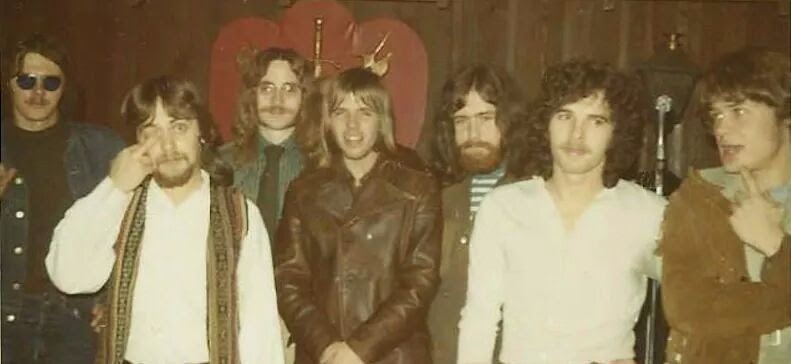
What sort of venues did Gypsy play early on? Where were they located? How did you decide to use the name “Gypsy”?
We played in clubs locally in the Midwest region of the United States. We moved on to outdoor performances at fairs, etc. The Midwest was our first area to conquer. The music resonated with people and we began to grow our audiences. We were exceptionally accepted in the St. Louis area of Missouri as some radio DJs who at that time had authority over what was being played, exposed us to an audience that responded more than favorably and is still today our largest market.

As far as the name Gypsy, we were sitting around and decided we needed to update our name. Since we travelled so much, Doni Larson our bass player came up with the name Gypsy. Our manager at the time was in LA and saw the Alphonse Mucha painting and thought that was representative of the new name.
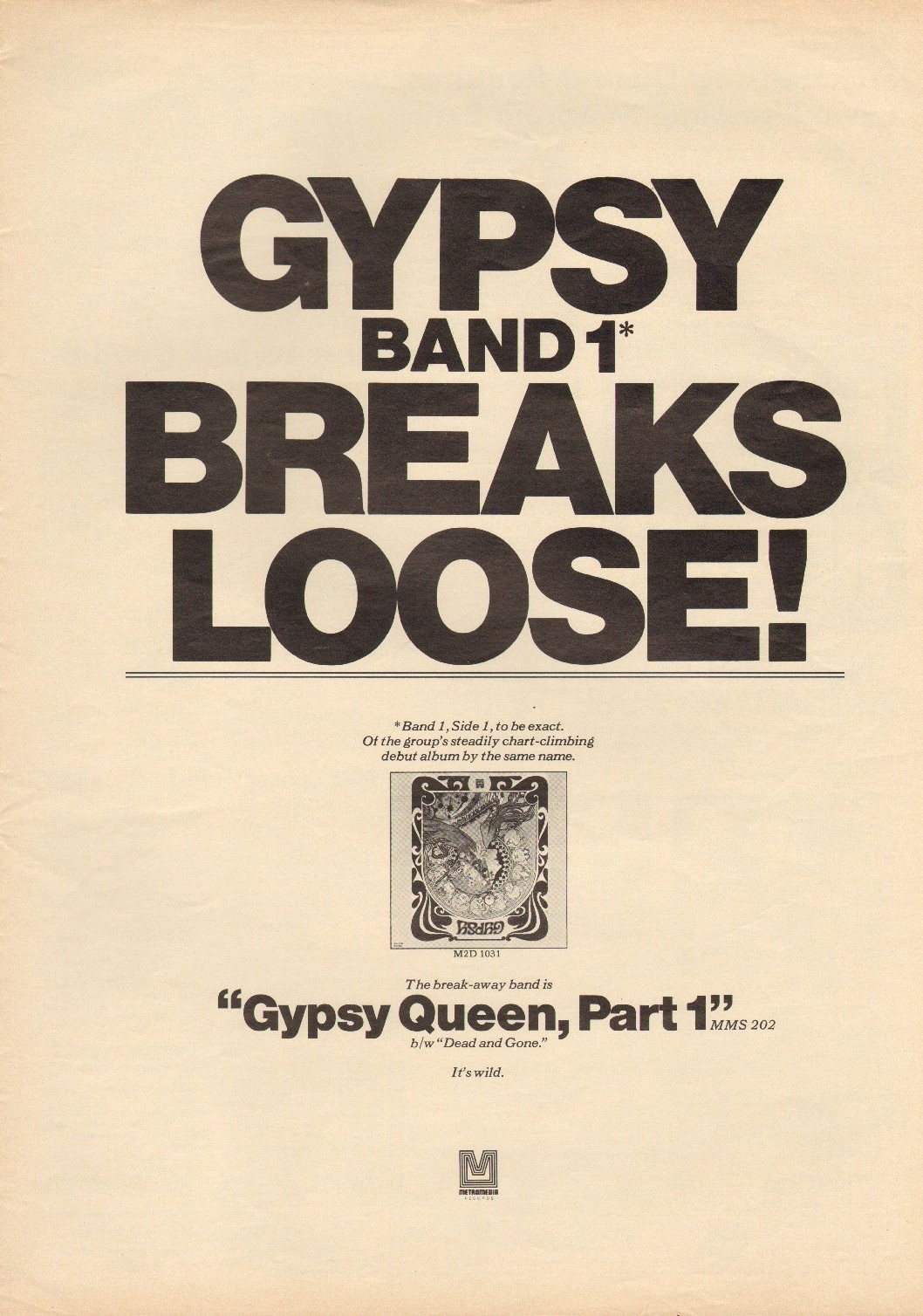
What influenced the band’s sound?
I don’t think one thing in particular influenced the band’s sound. Enrico Rosenbaum was kind of the main writer as far as the basis for a song (James Johnson and myself had our own songs) but without the influence of each other’s ideas and the building of each song by the three of us, there would not have been much to listen to. It is that chemistry of talent that fed each song. It was a development of each song that reflected something from each of us.

What’s the story behind your debut album? Where did you record it? What kind of equipment did you use?
We decided to go to Los Angeles the fall of 1969 and were there for a bit hunting around for a place to have our music heard. Obviously we had a manager who was out shopping us but it was pretty bleak in the beginning as it is for most artists. We eventually played at Gazzari’s in West Hollywood and brought us even more exposure.
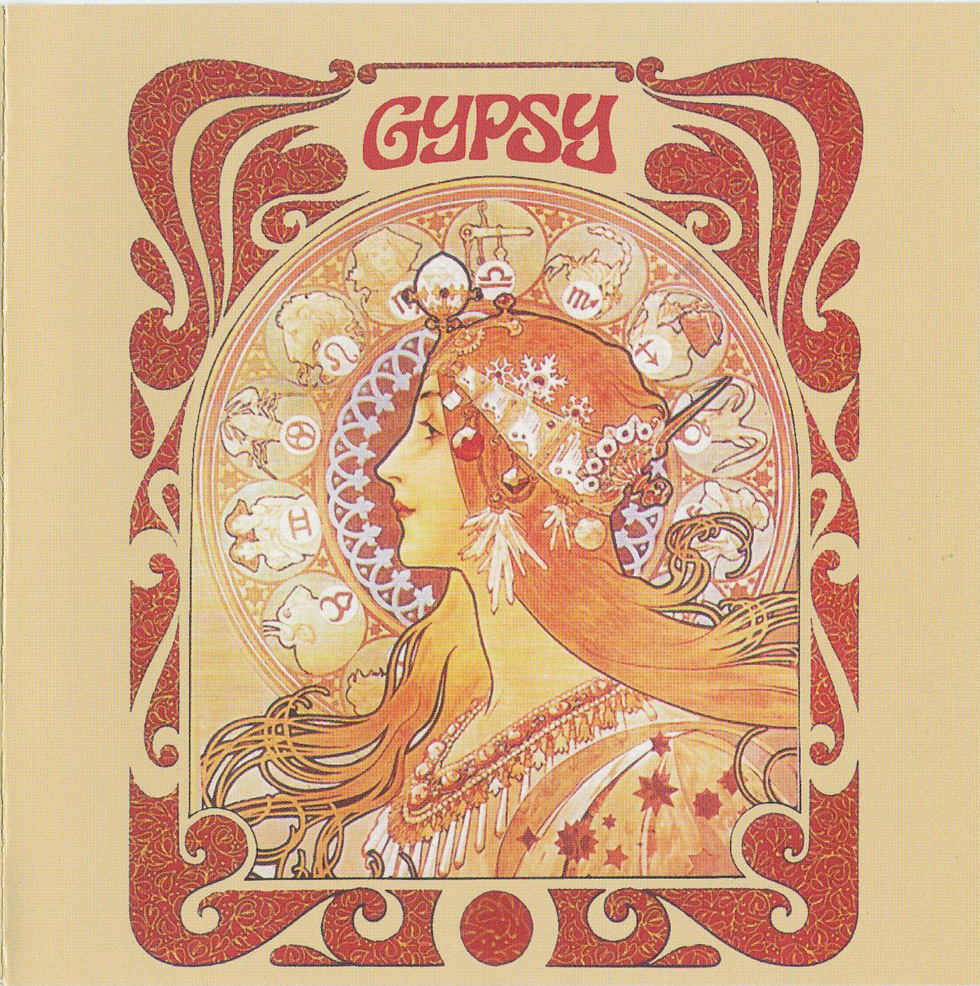
How did you get signed with Metromedia Records? How many copies were pressed? How pleased was the band with the sound of the album?
We had an offer from Metromedia and Records to sign. We signed with Metromedia as we would have been higher on the roster of artists garnering us more backing for our album and marketing. I am not sure how many copies were pressed but you do the work and back then, you recorded the whole song in one take.
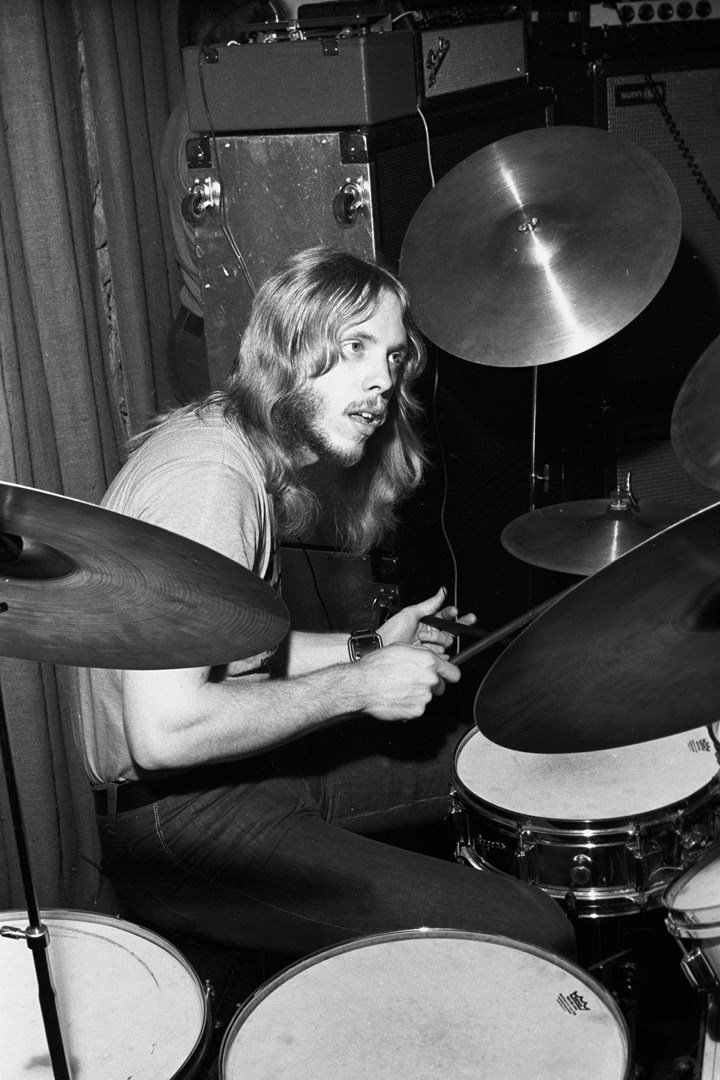
If a mistake was made, you had to do it all over again. We were blessed with good direction on how to lay everything out in accordance of our vision of the song and were blessed to have Jimmy Haskell to do the orchestration on the first album. He was a very popular and famous American composer at that time. Very much like the Hans Zimmer and Patrick Doyle of today.
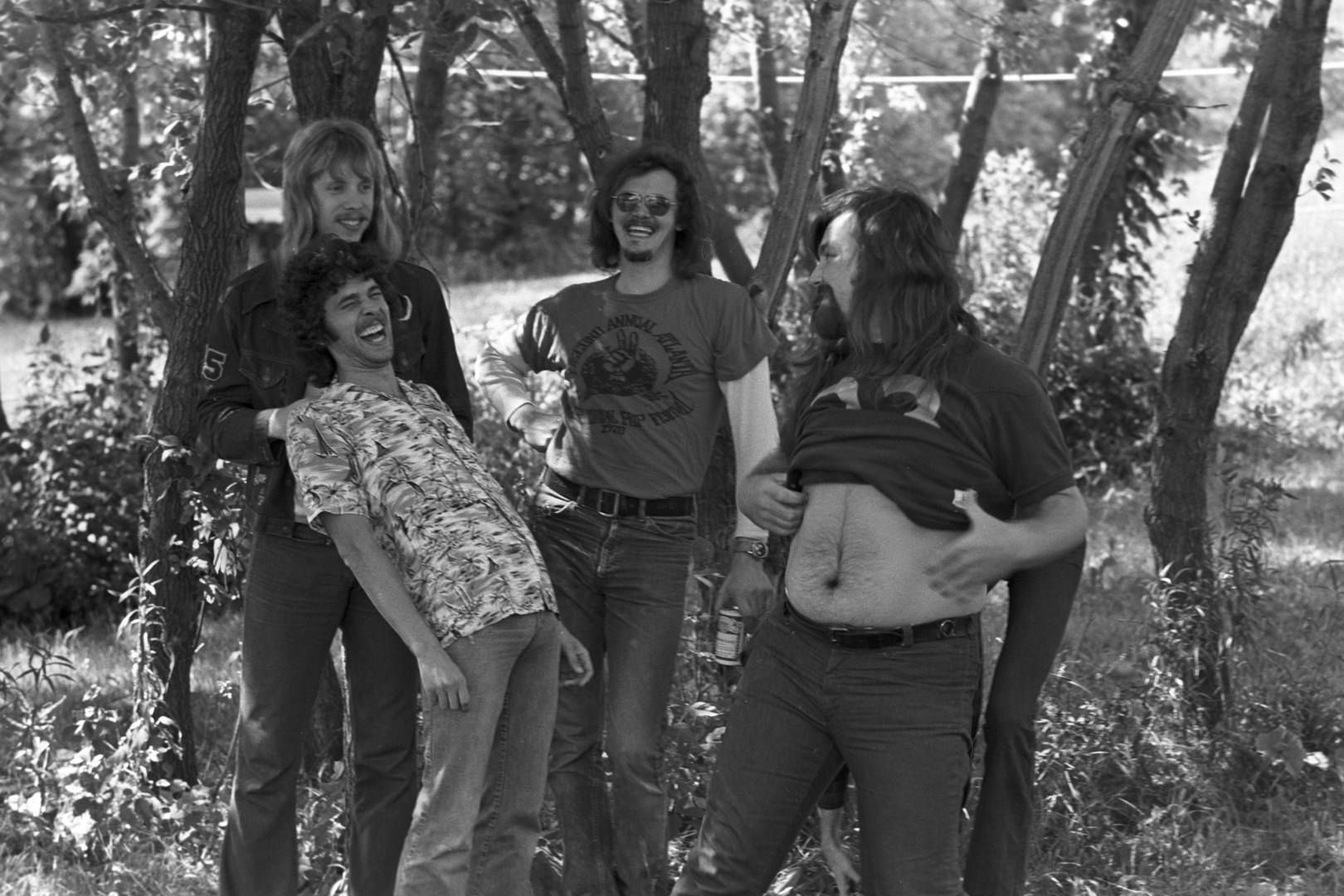
We had a choice between Metromedia or Atlantic Records. Obviously we should have chosen Atlantic as it was better managed and although we would have been lower on the roster, we ultimately would be had more exposure over time. You create what you feel at the time and listen to the final product. It’s like acting – most actors don’t look back at their work – they are looking ahead to the next thing.
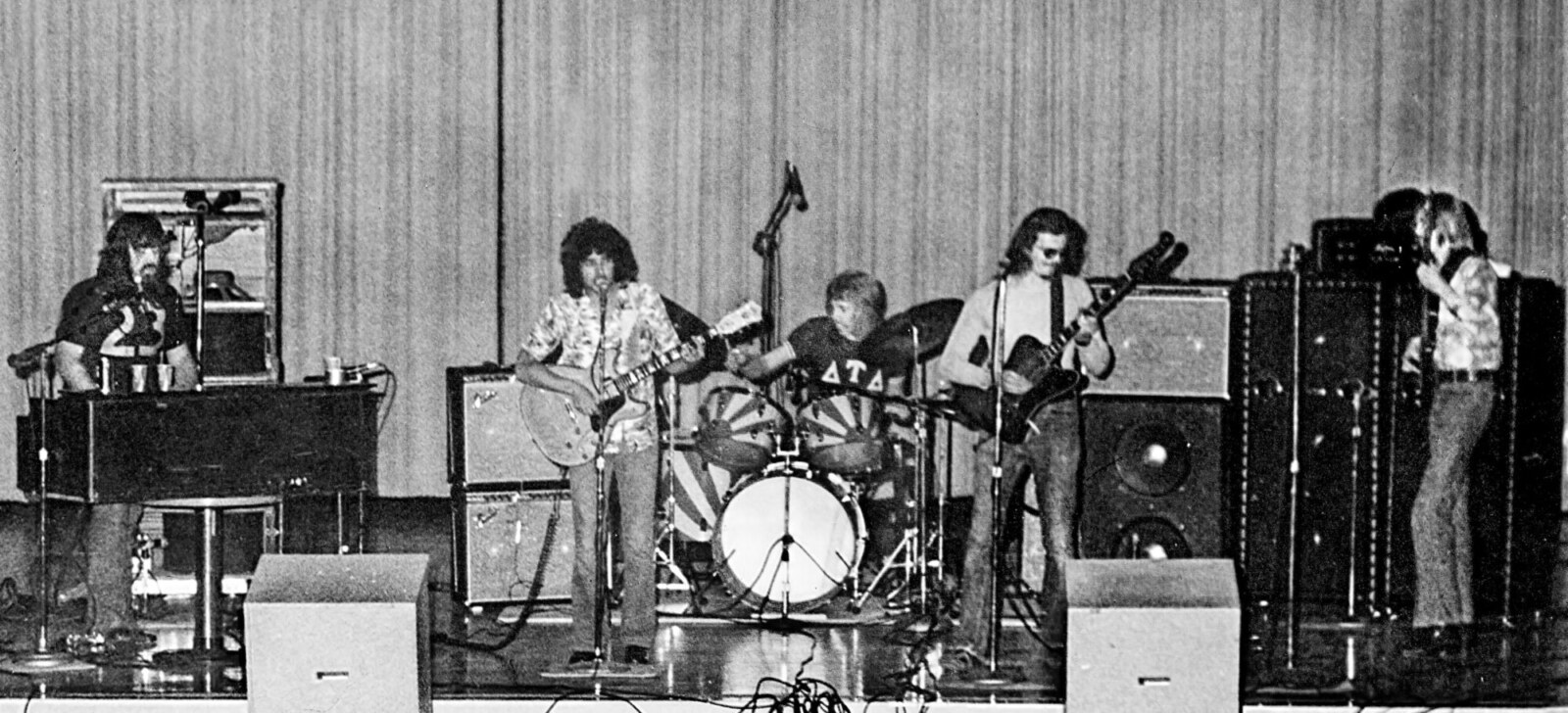
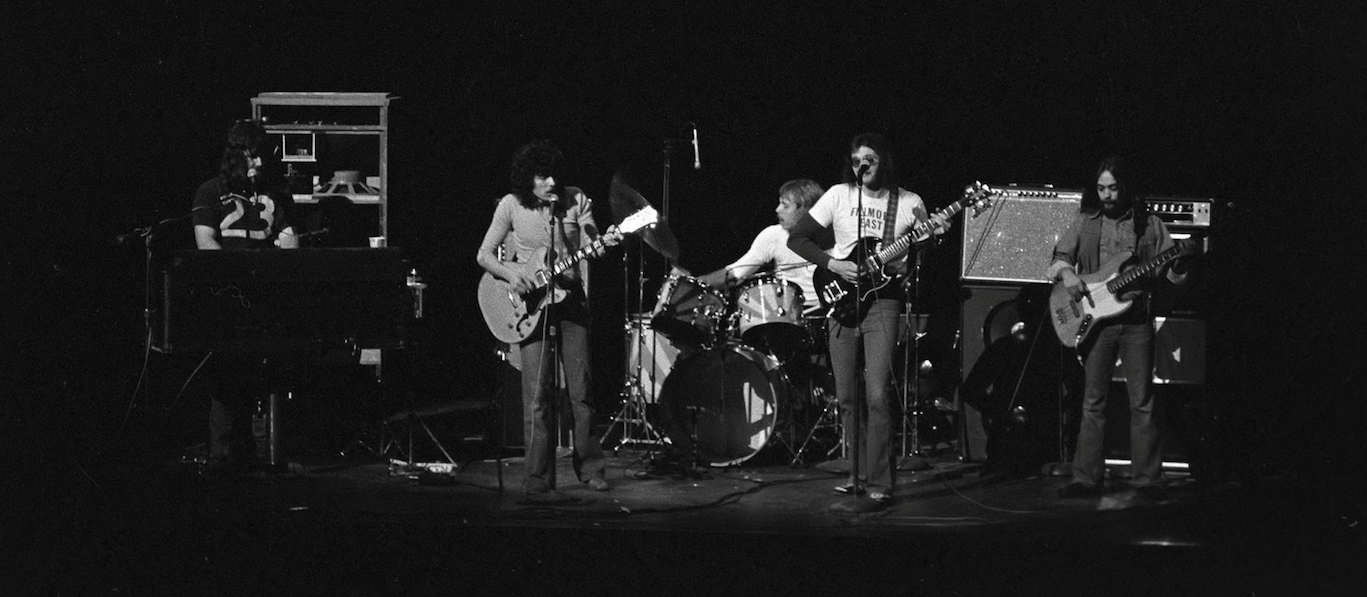
What were the influences and inspirations for the songs recorded?
I don’t think there was a specific influence to our work. Certainly no sound we grew up with matched anywhere near what we were writing. We all fed off each other’s style and developed our own sound from there.
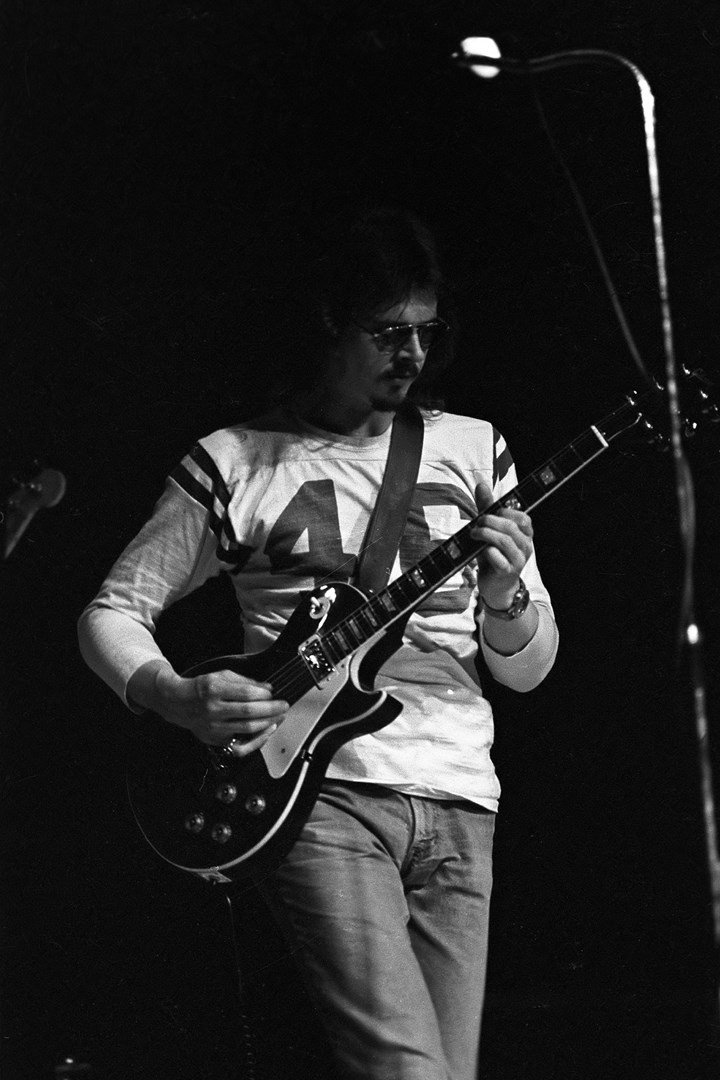
Did the band tour to support the LP?
Yes we did. For two years with the Guess Who.
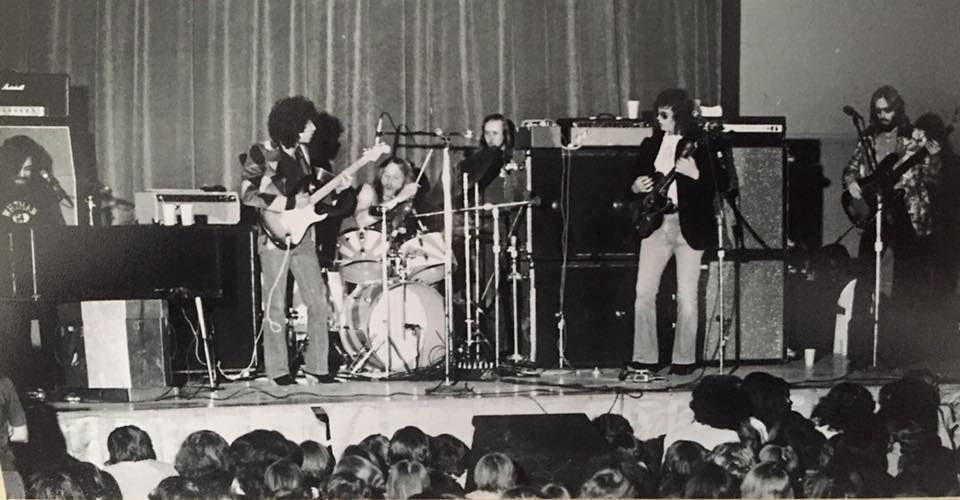
Was there a certain concept behind the album?
No not really, it was just a collection of our works and once we completed a song we developed a way of one song leading almost into another. In some of the songs it seems like one blends into the other. We liked using that method of transition.
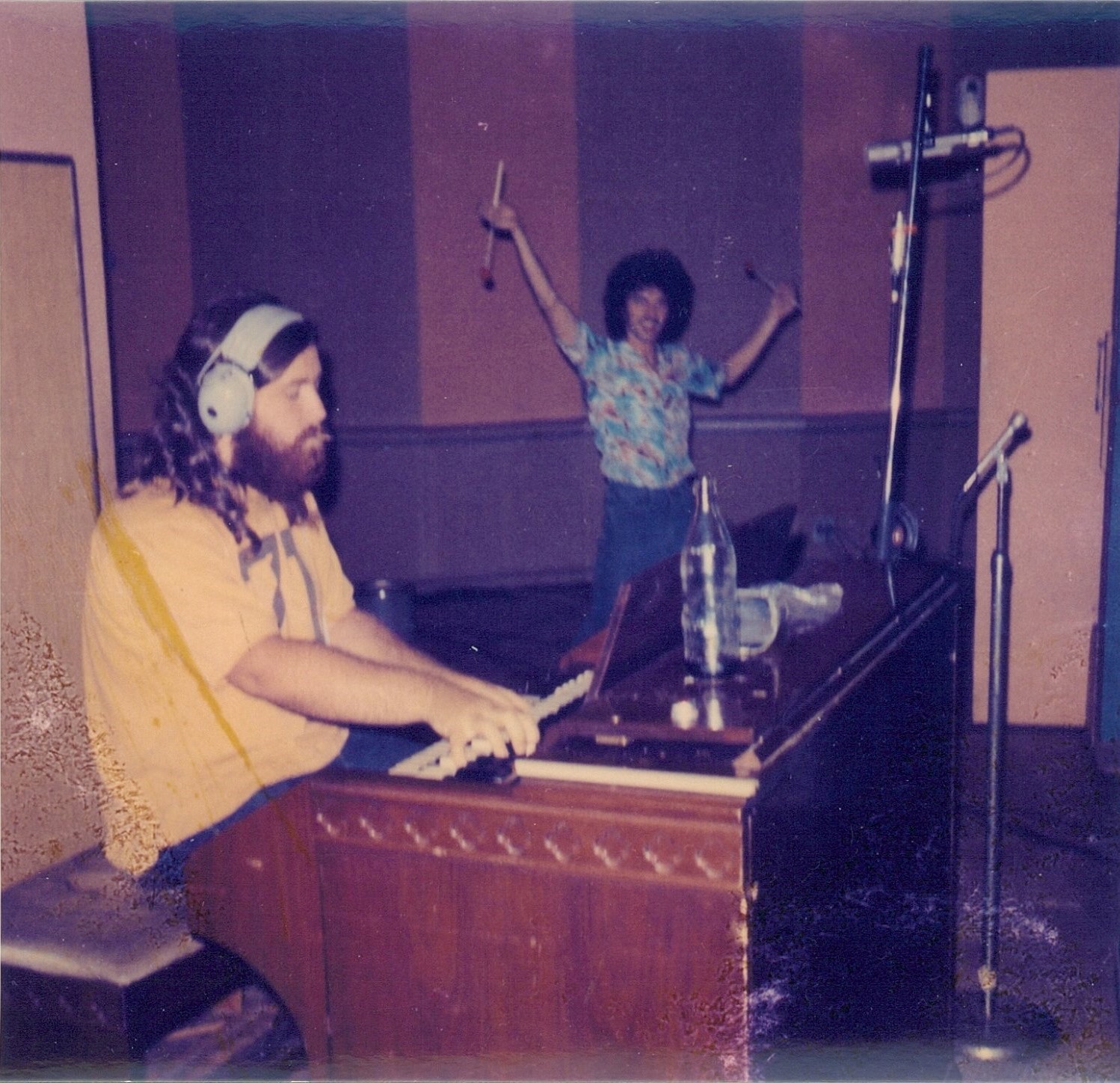
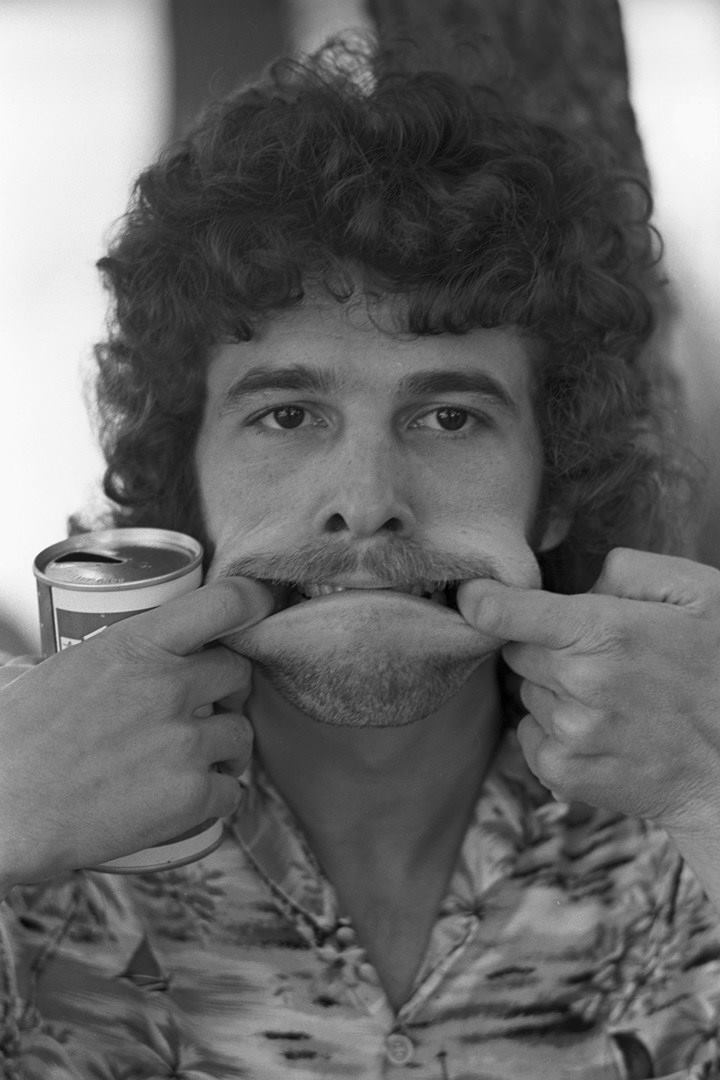
What’s the story behind working on ‘In The Garden’?
‘In the Garden’ was an extension of the first album. Since the first album was a double album we decided on the remaining tunes we wanted to record to do the second album. The first one had been successful was only the second time a double album had been put out into the market.
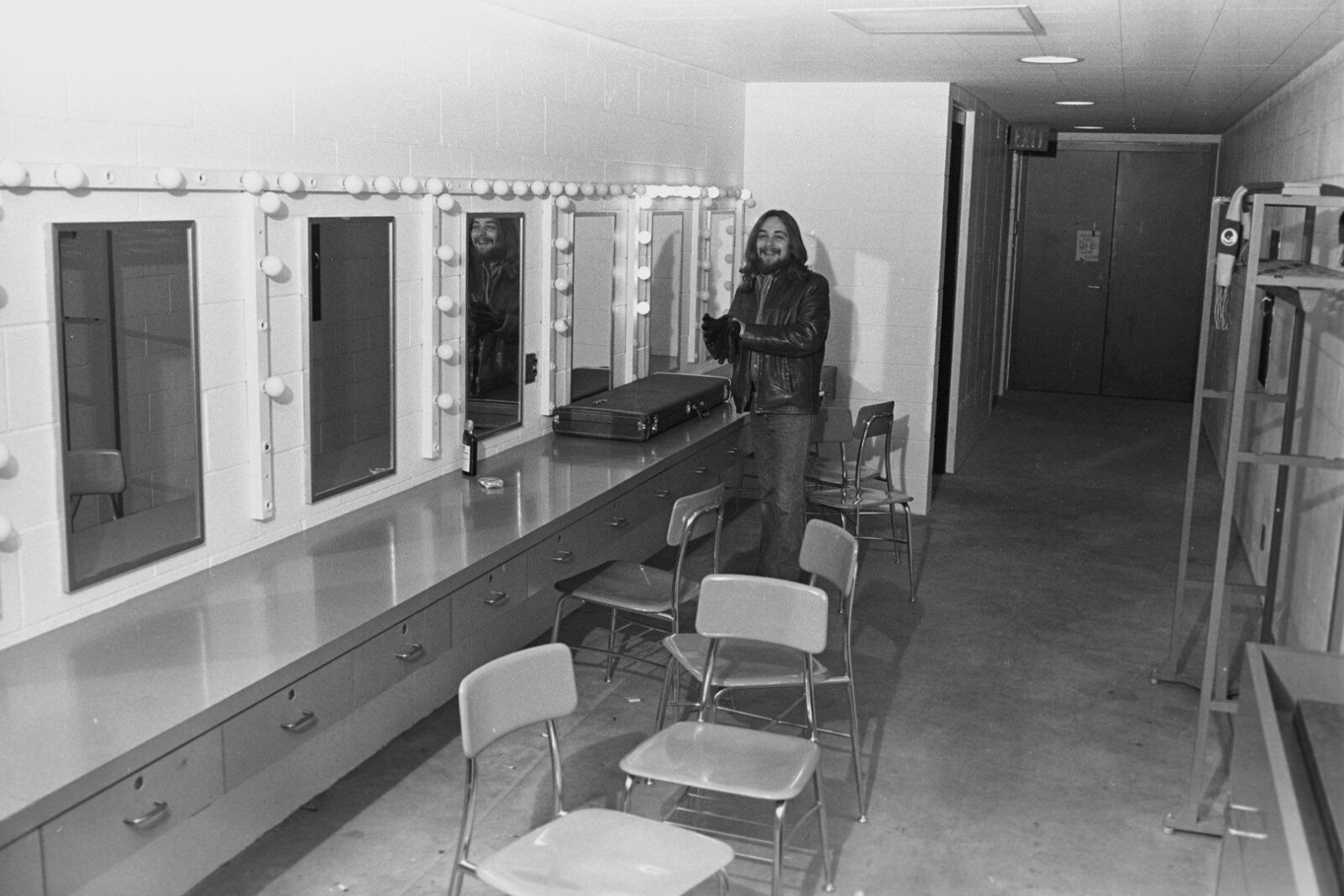
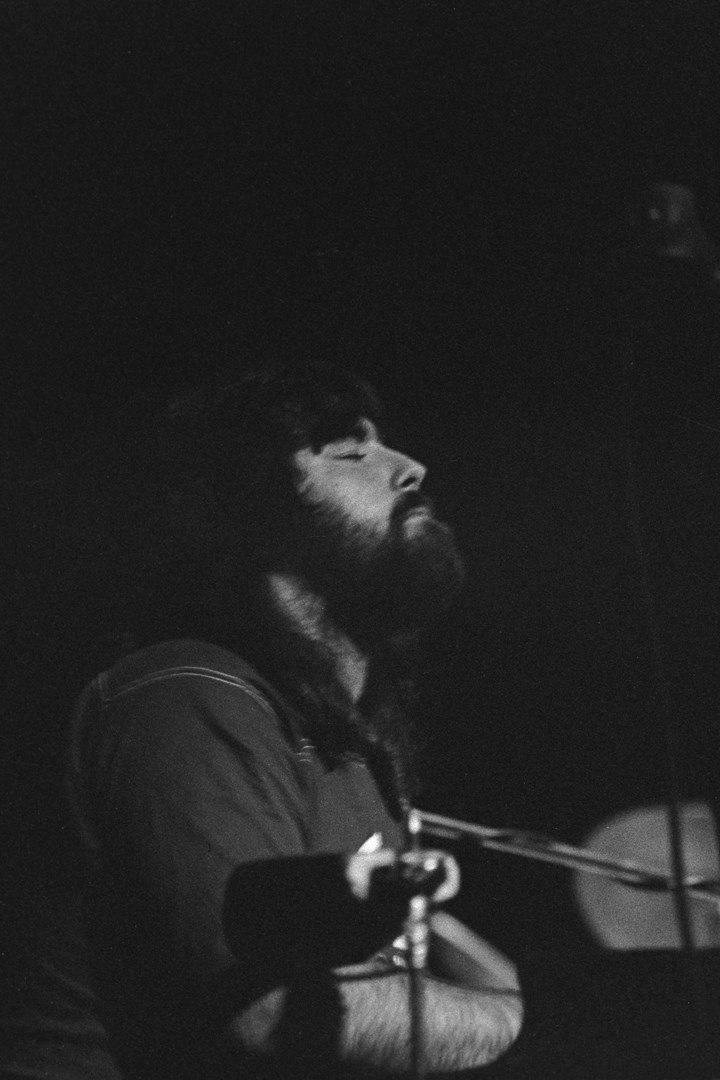
We carried on with the basic underlying sound and built more from there.
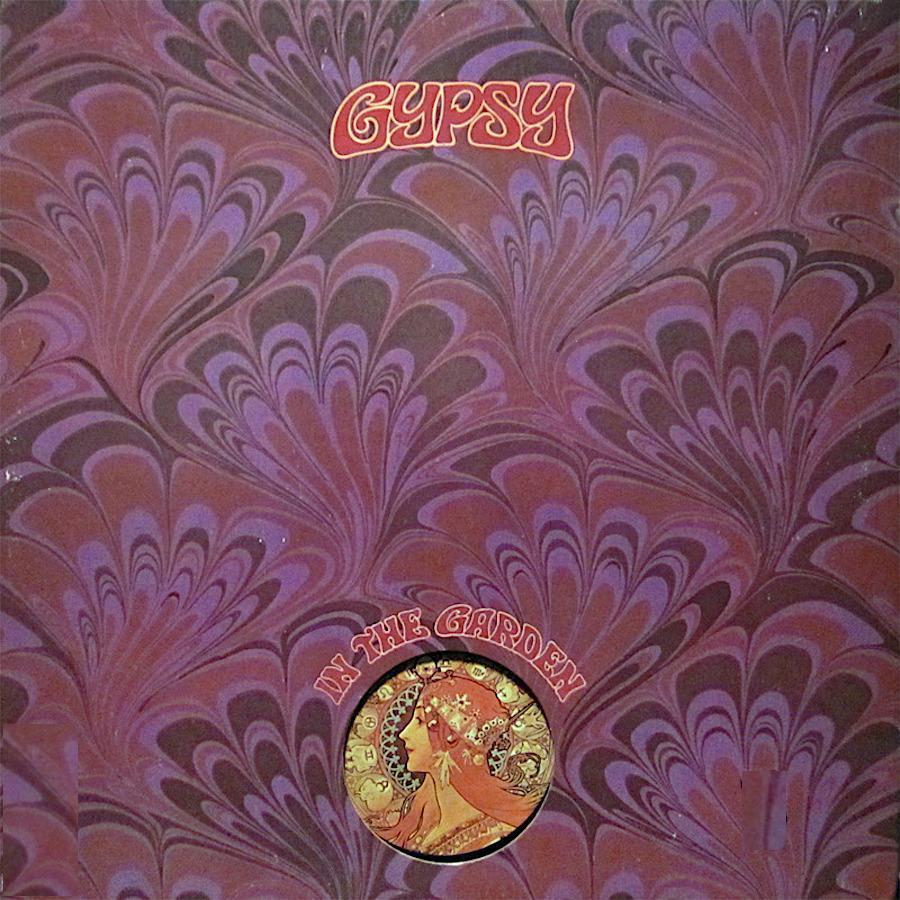
How would you compare it with your first album?
Evolving with a nod to the original sound that got us there.
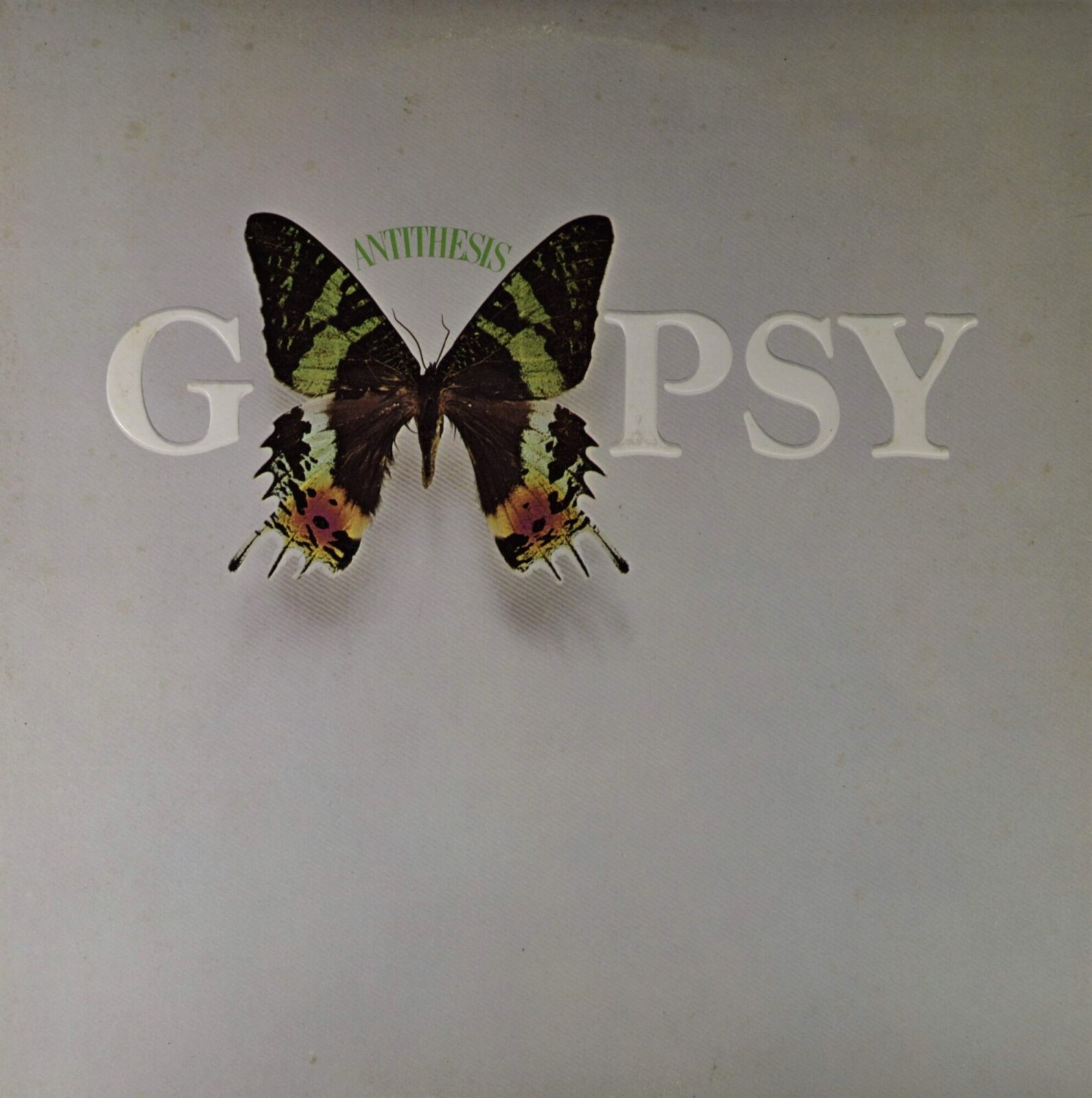
How about ‘Antithesis’ and ‘Unlock The Gates’? You had a new label and the sound changed quite a bit!
We were moving forward with the times and the changing of music out there. Although our first two albums were completely successful, if we had continued in the same sound, it would have been more of the same. The world was changing and our sound was following that change.
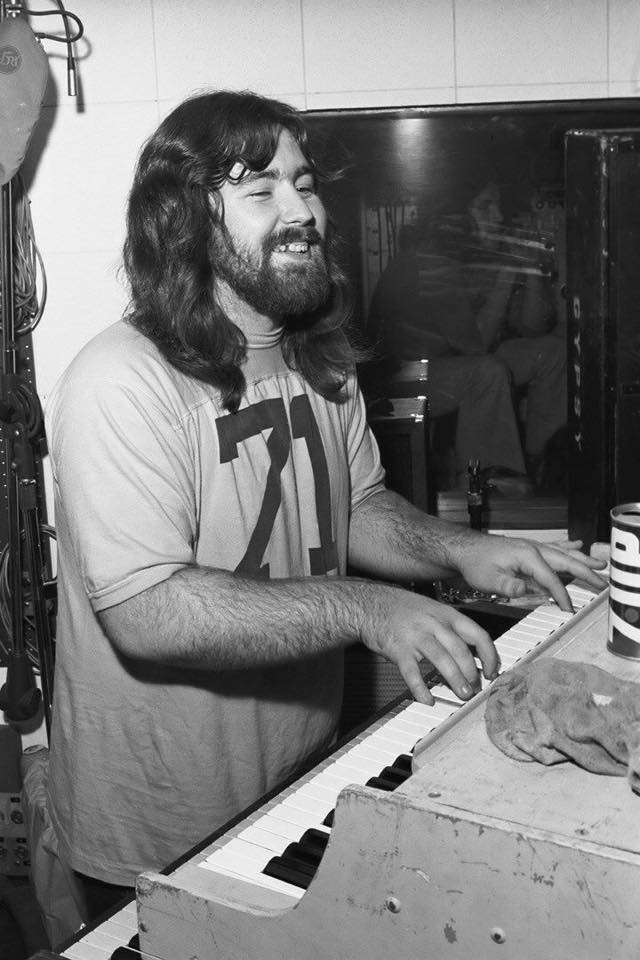
The heavy psychedelic music was not still in the mainstream of sound. Music was still getting lighter in sound but still with a message.
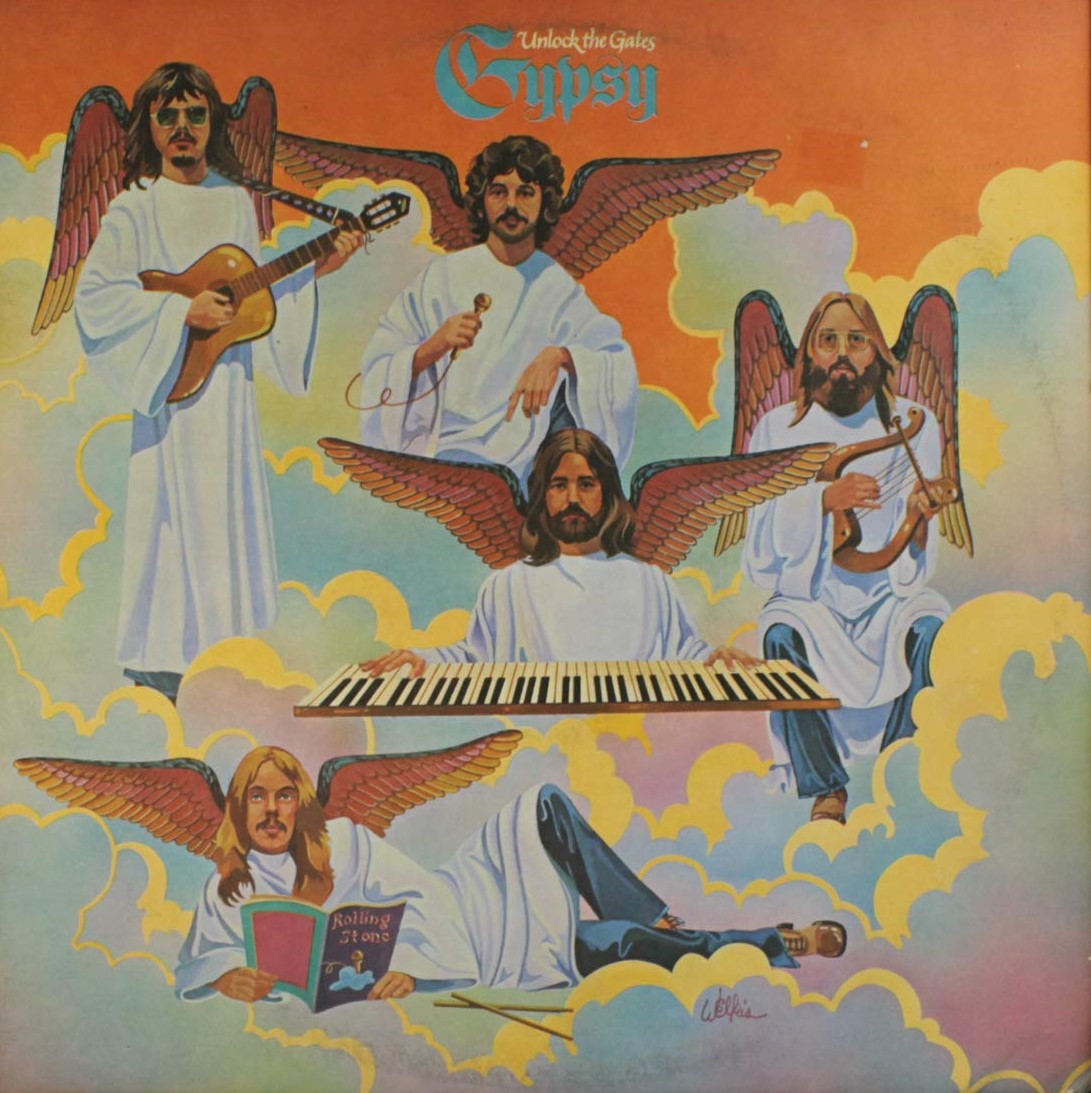
What happened after the band stopped?
Enrico Rosenbaum died and that changed the chemistry. James Johnson tried to carry on in California. I came home to Minnesota and developed the James Walsh Gypsy Band which garnered more attention overseas than in the U.S. Still we did experience success but found our sound more conducive to Europe and other nations.
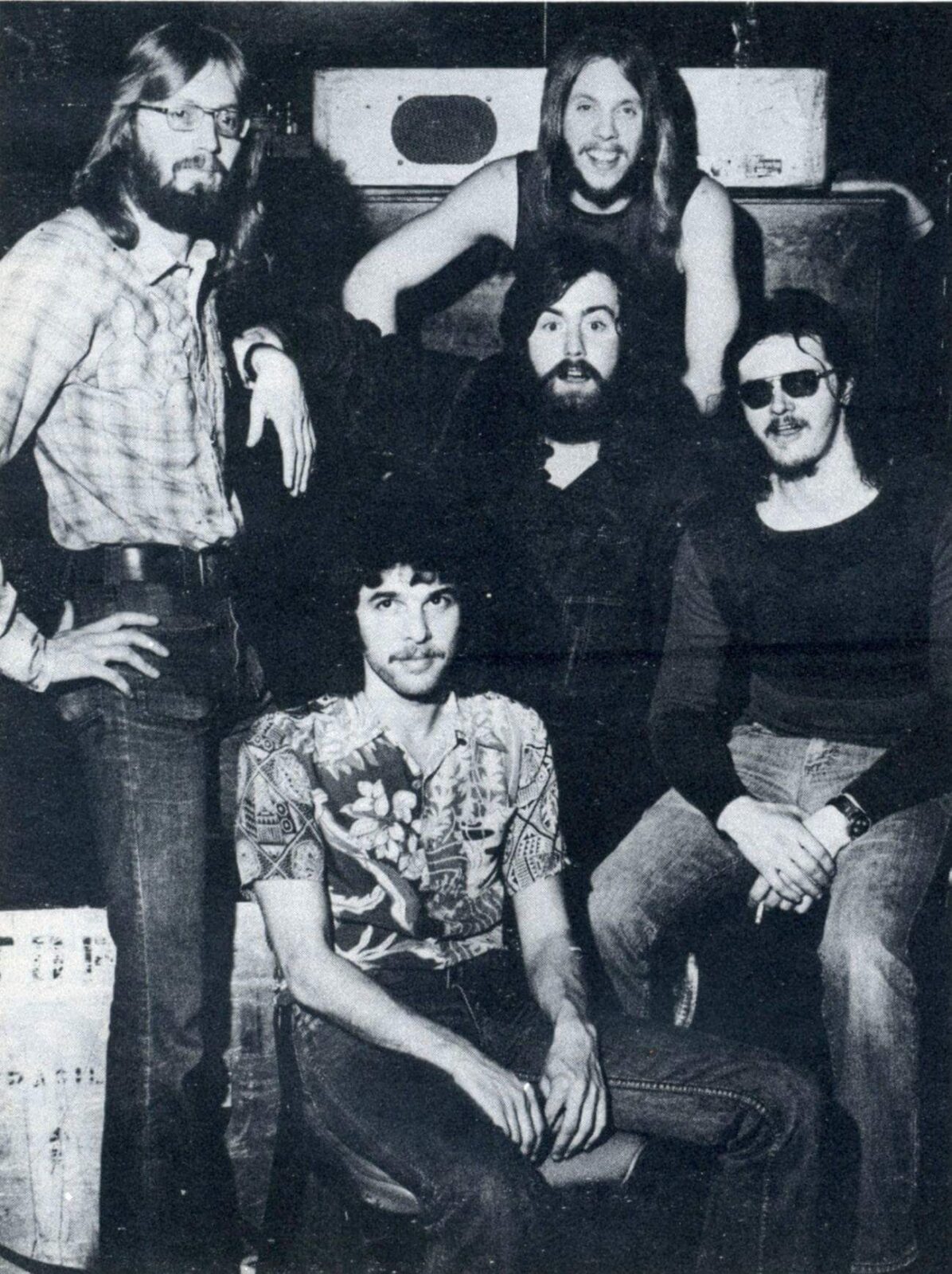
There were various incarnations as The James Walsh Gypsy Band and Calvin James.
I don’t have first hand knowledge of Calvin James and Jim Johnson passed away about a year ago. I can tell you that James Walsh Gypsy Band is still in demand for the two recordings done at RCA (which BMG now owns).
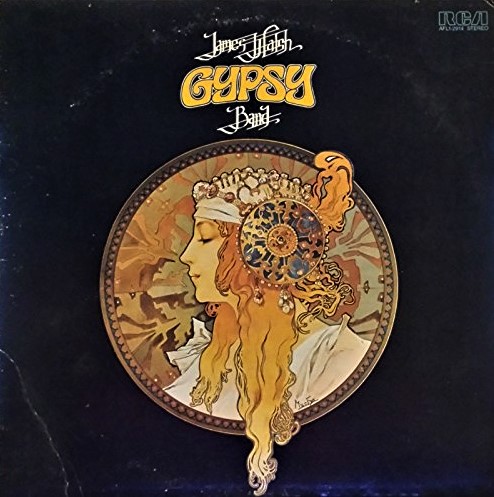
Looking back, what was the highlight of your time in the band? Which songs are you most proud of? Where and when was your most memorable gig?
I would probably look back fondly at our time at Whiskey a Go Go and also the Atlantic Pop festival which followed Woodstock and was just as prominent in the artist line up. Obviously the struggle as a new band was not great but we ended up having the time of our lives being able to perform for so many people. Even today we sell out 3 shows in St. Louis a couple of times a year.
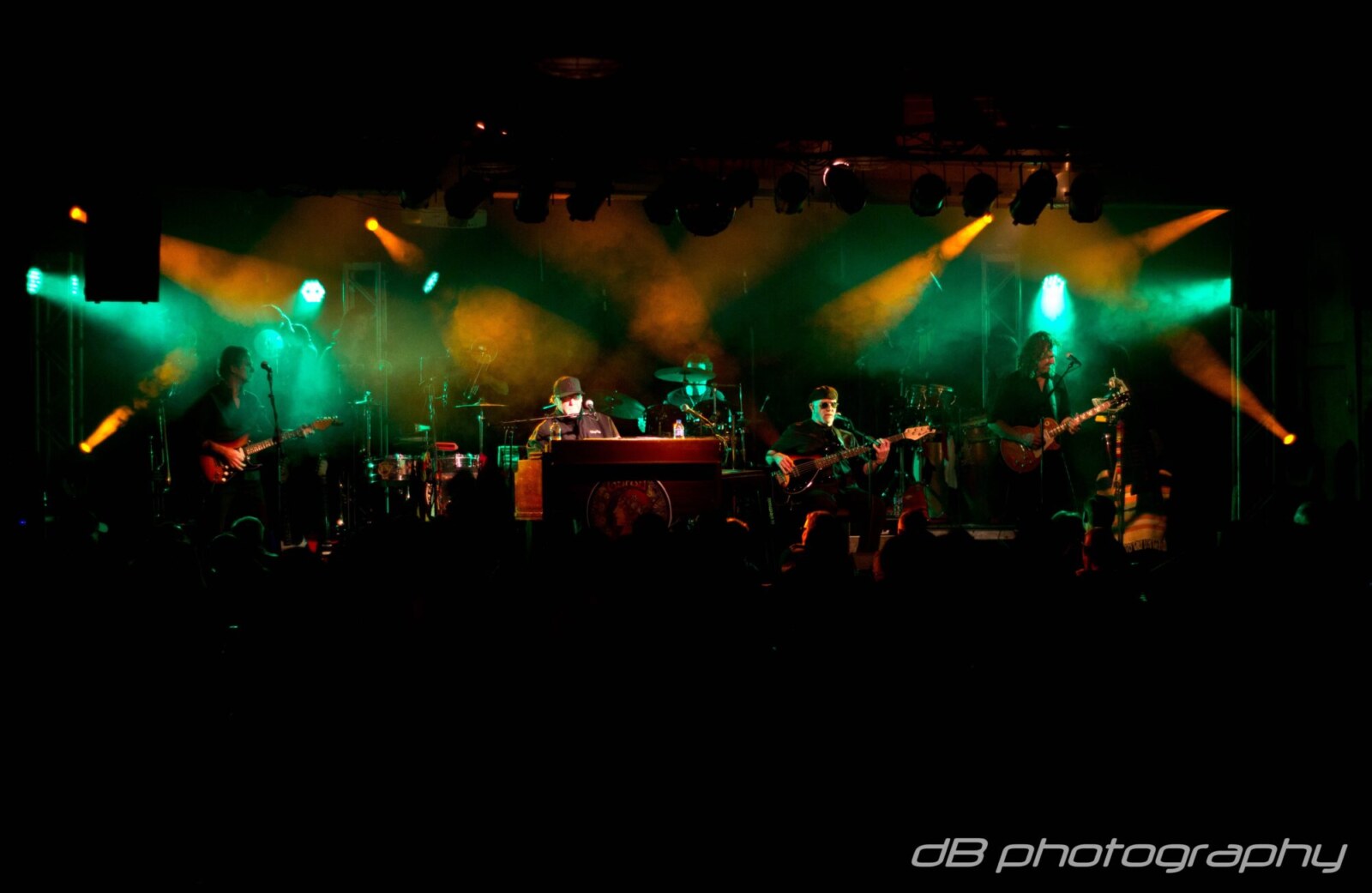
Is there any unreleased material by Gypsy?
Gypsy is active as we have 4 shows slated for 2021. James Walsh Gypsy Band’s music is active in television shows (Stranger Things etc.) I also perform with a local group called Midas Touch.
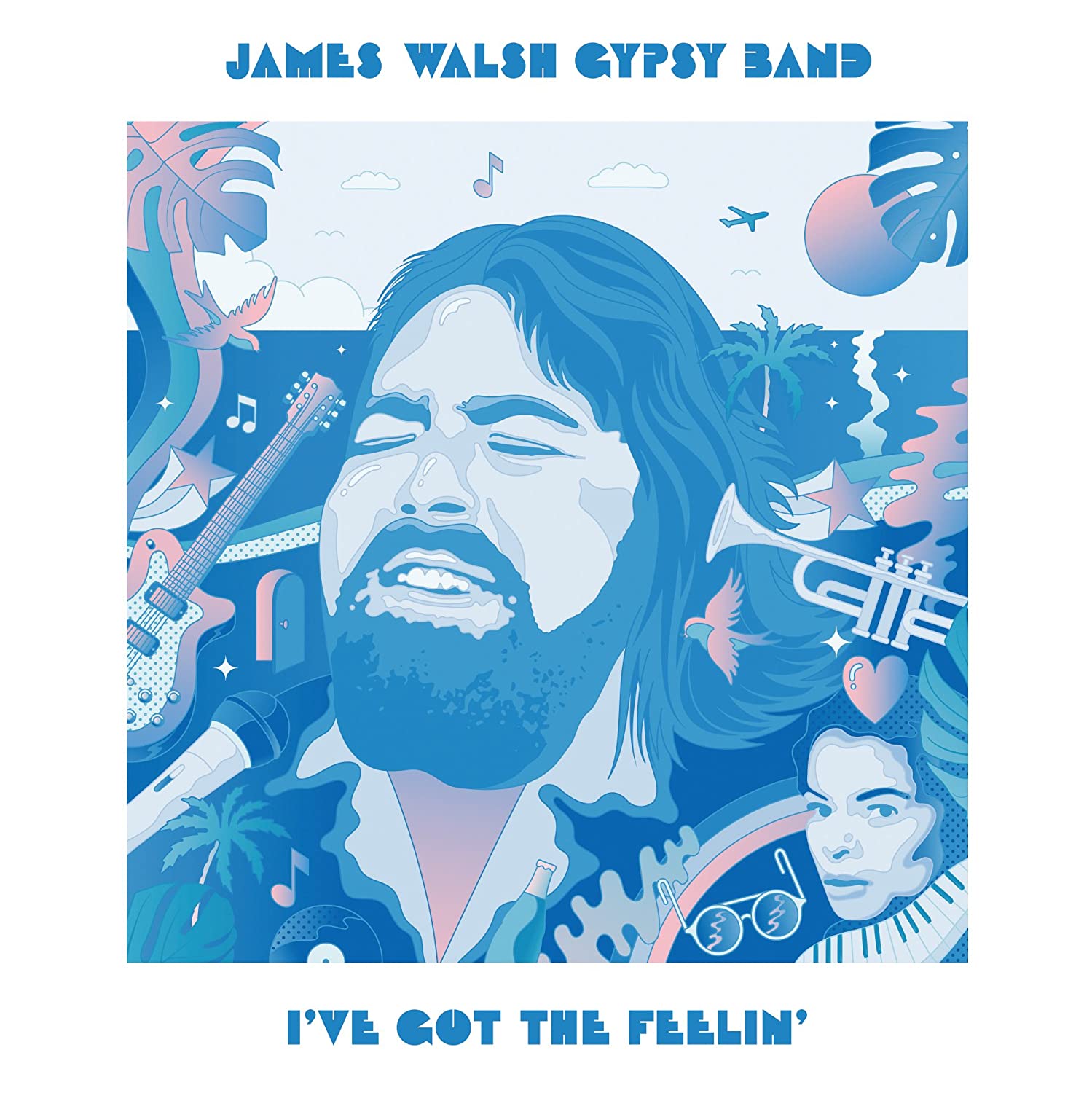
What currently occupies your life? James Walsh Gypsy Band is still active, right?
I have lived a life most artists dream of. I have wonderful memories and a musical legacy I can be proud of. Could we have gotten bigger and had more exposure with different decisions? Sure, but hindsight is 20/20 and I have no regrets.
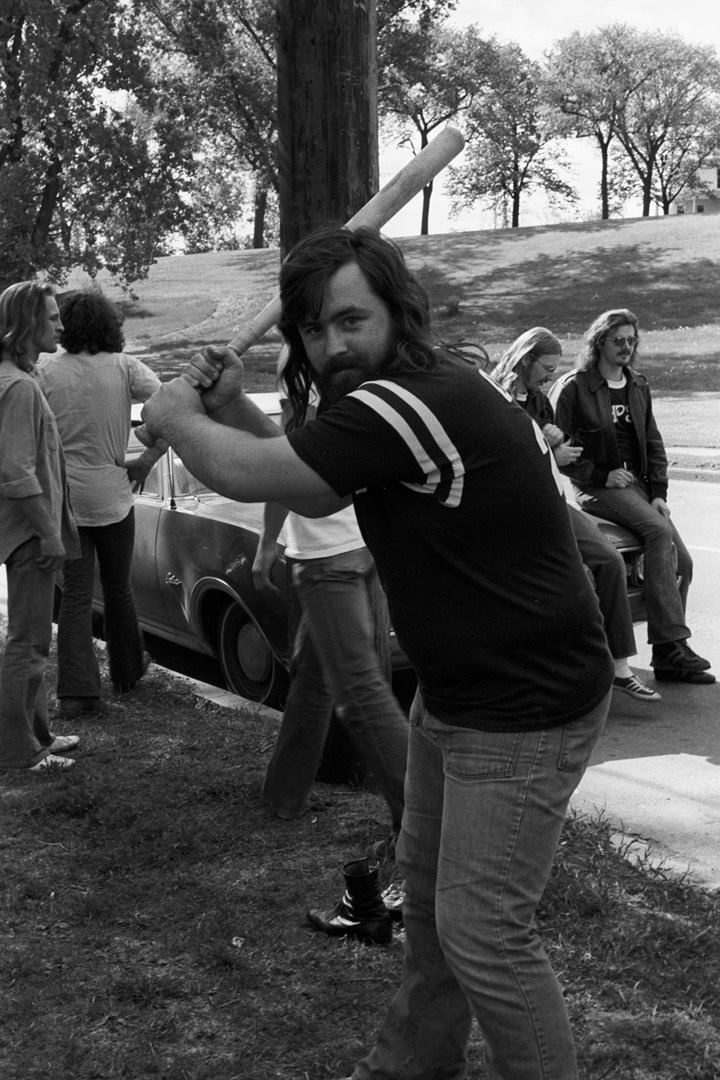
I am blessed to be 72 years old and still performing on stage. What else could you ask for? James “Owl” Walsh
Klemen Breznikar
Gypsy Official Website / Facebook

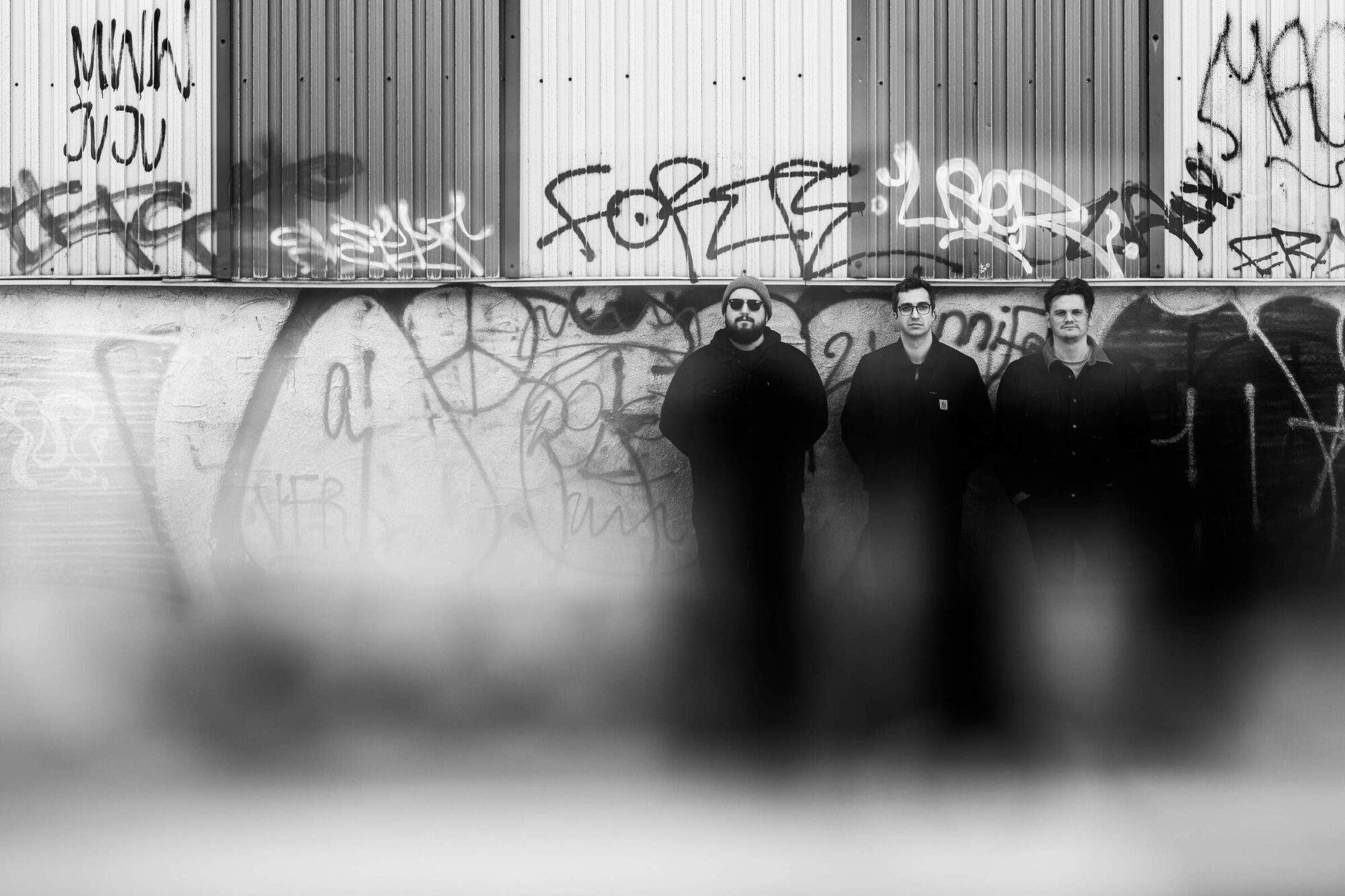
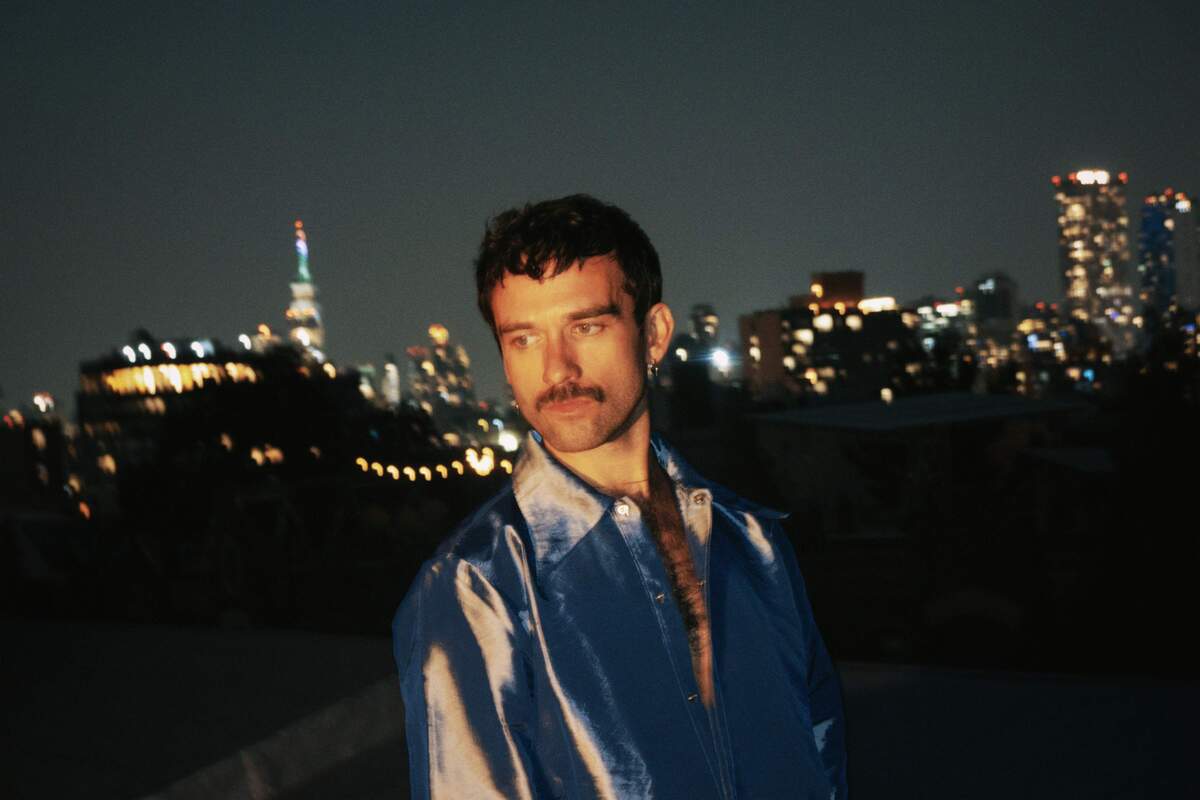
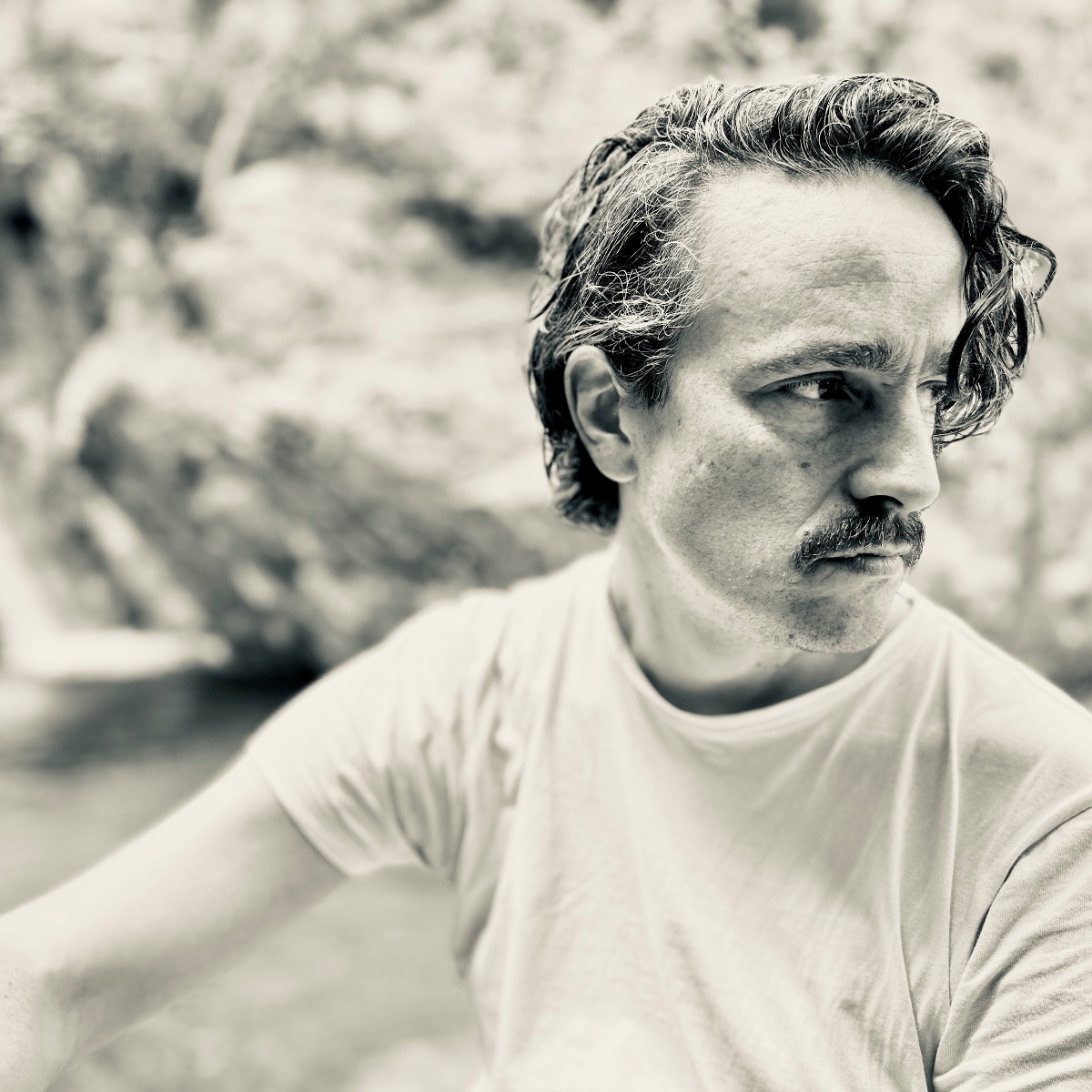
Best band ever. A collection of my college years music. Love you guys.
Played in cover bands in the early 70’s and covered a lot of Gypsy material. A lot of our audiences were not familiar with Gypsy music! So happy to turn audiences on the Gypsys music.
best local band ever from minnesota. saw them many times at the home bar ne minneapolis the group was great and hippie girls were the icing miss those days life was exciting
Gypsy was one of the greatest bands of all time! Of all this music that I have enjoyed over the years, I can say that only Pink Floyd tops my list over Gypsy! Rico’s lyrics and vocals are incredible, Owl’s keyboards and vocals are masterful, Jimmy Johnson’s guitar work is excellent and mesmerizing and, of course, Wild Bill Lordan’s drums were the best solos that I’ve ever heard! Incredible, they are truly missed!!!!
Perhaps the Greatest Rock Band many have never heard of. As James “Owl” Walsh mentions above, St. Louis was / is their largest market and although I was only able to see them once with Rico, 50 years later their songs stand the test of time. Thanks to KSHE-95 for sharing their entire catalog with those of us fortunate enough to be living here in the 70’s. Certainly the Best Classic Rock station on the planet at that time IMO.